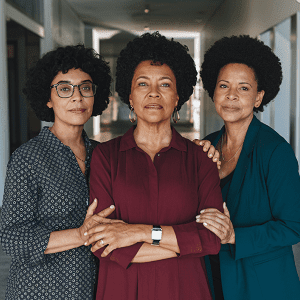Recent findings presented at the 17th AACR Conference on the Science of Cancer Health Disparities reveal a concerning trend in the treatment of triple-negative breast cancer (TNBC). Black patients with TNBC are receiving immunotherapy at significantly lower rates compared to their white counterparts, highlighting ongoing racial disparities in cancer care.
TNBC disproportionately affects Black women and is known for its aggressive nature and limited treatment options. The introduction of immunotherapy has offered new hope for TNBC patients, but access to this treatment appears to be uneven across racial lines.
Jincong Q. Freeman, MPH, a PhD candidate at the University of Chicago, and colleagues analyzed data from the National Cancer Database. They found that while immunotherapy use increased for both early-stage and metastatic TNBC between 2017 and 2021, Black patients with metastatic TNBC were 37% less likely to receive immunotherapy compared to white patients, even after adjusting for clinical and socioeconomic factors.
Dr. Frederick M. Howard, an assistant professor at the University of Chicago, emphasized the importance of these findings, stating, “Receiving immunotherapy may help mitigate racial differences in the survival of patients with metastatic TNBC.”
The researchers identified several factors associated with lower immunotherapy access, including Medicare enrollment and treatment at comprehensive community programs rather than academic centers. They stress the need for expanded insurance coverage, reduced healthcare costs, and improved treatment distribution to address these disparities.
While the study has limitations, including its retrospective design, it underscores the urgent need for equitable access to cutting-edge cancer treatments across all populations.



